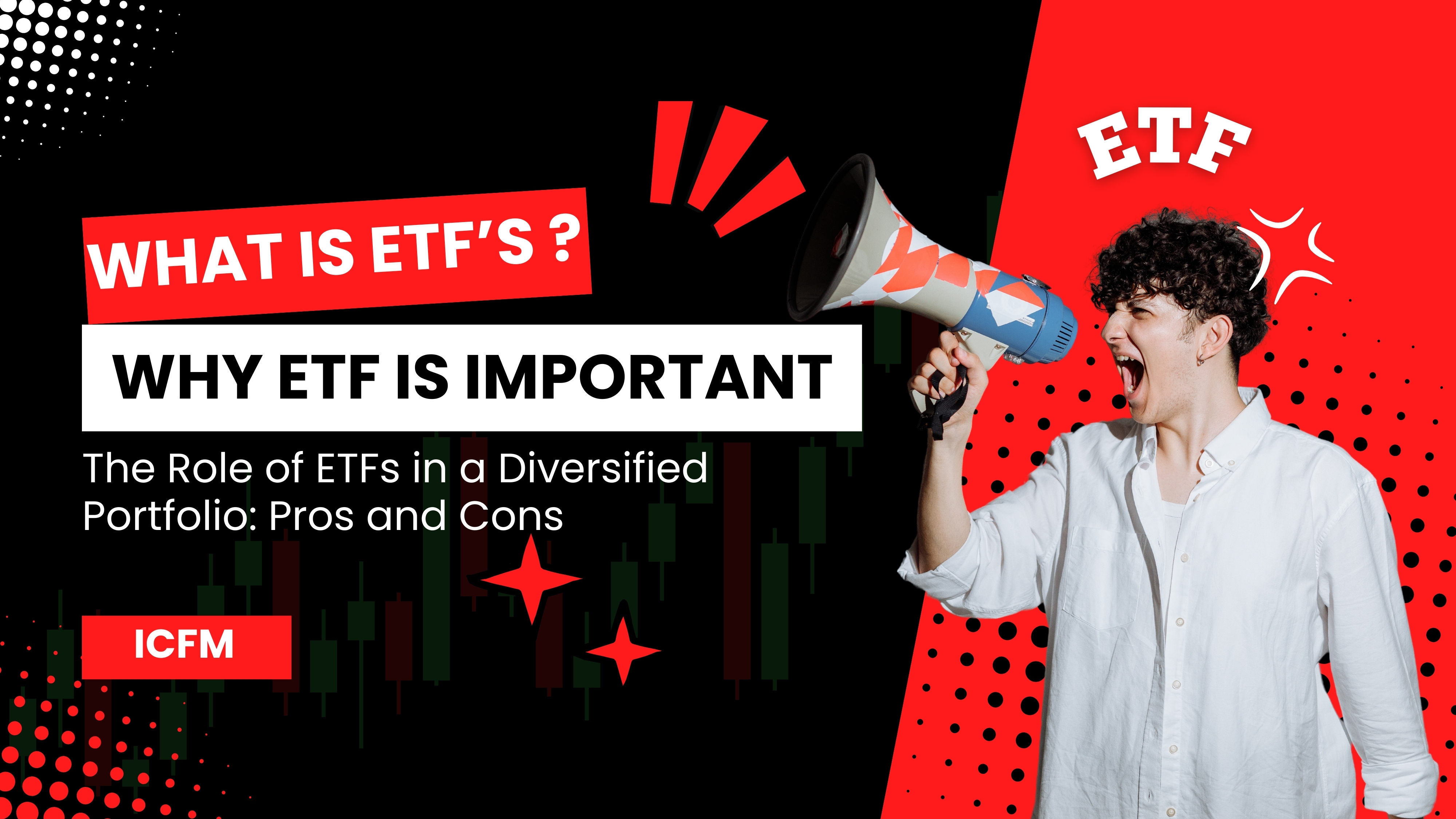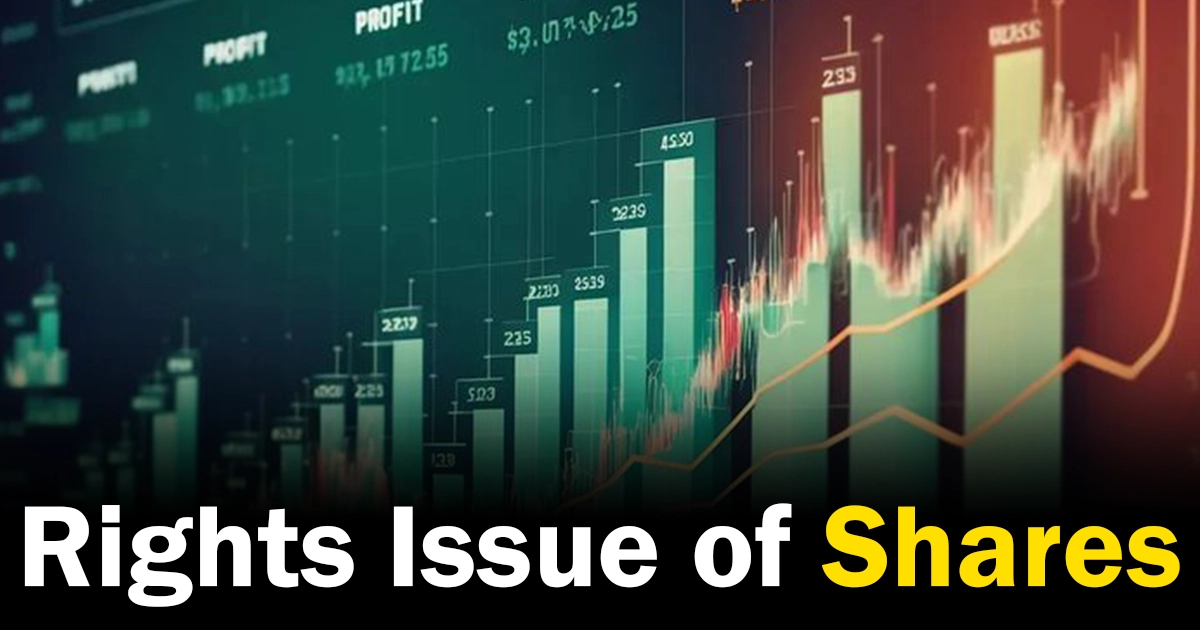The Role of ETFs in a Diversified Portfolio
Due to its flexibility and ability to mitigate risks, exchange-traded funds (ETFs) have attracted many investors in the market. In this blog post, we will examine whether it is beneficial or harmful to use ETFs in a diversified portfolio.
What are ETF's ?
ETFs are investment funds that consist of different categories of assets, such as stocks, bonds, and commodities and are listed and traded on stock exchanges. They are designed to follow the movement of a particular index or sector, hence their ease of use for both beginners and professional investors.
Advantages of the use of ETFs
Diversification:
ETFs also allow investors to access various classes of assets, resulting in general risk reduction. A single ETF, for instance, can have hundreds of stocks across several sectors.
Cost Effective:
ETF's expense composition is relatively low compared to mutual funds and deposited accounts reporting income. This results in more significant returns to the investors in the form of net income over the long run for the long-term investors.
Being exchange traded, an ETF can be bought or sold during the trading session whenever and wherever the market price is agreeable to the trader. However, there are more limitations in the buying or selling of mutual funds, which happen only after the stock exchange's working hours.
Tax Efficiency:
Because of their structure, ETFs are likely to create lesser capital gains and profits than mutual funds, and for this reason, investors' tax liabilities are usually lower.
Variety:
Finding an ETF that agrees with almost every investment philosophy, such as geographic, sector-specific, and thematic ETFs, is possible. This puts investors in a good position to structure their portfolios in a manner that suits their individual interests and objectives.
Cons of Using ETFs
Trading Costs:
The cost of management is considerably low on ETFs. Still, frequent transactions drive commission costs, and bid-ask spreads due to miscellaneous expenses that may chip away at profits, especially for small volumes.
Market Risks:
ETFs are subject to different risks, such as market risks. Although diversification strategies are in place to protect investments, losses can still occur. For example, when a specific sector experiences a downturn, all ETFs associated with that sector will suffer from losses.
Complexity:
There are so many choices in ETFS that it's difficult to decide which is ideal. Sometimes, investors experience information overload regarding the type of assets/funds or strategies in an ETF.
Tracking Error:
Certain ETFs or exchange-traded funds may not be 100% in line with their other index even though they are index-tracking ETFs due to the fund's expense policies, administrative expenses, and investment strategies. This tracking error has implications for the final results.
Minimal Power of Choice:When investing in an ETF, you acquire a well-defined group of assets. If you would instead choose separate stocks, then it is likely that the control offered by ETFs is different from what you require, Conclusion.
Limited Control:
In an ETF, you are purchasing a ready-made package of several assets. If your investment style is more 'pick-a-single-stock,' then the level of control the movement in ETFs provides may not be what you want.
Conclusion
ETFs can be an efficient method for risk-managed investors who want to achieve diversification as they carry many advantages, including sufficient flexibility, lower cost, and many options to embrace. However, they also come with some of these disadvantages as well. Knowing the advantages and disadvantages is critical to make sound investment choices. Again, like all other times, think about why you are investing, your risk appetite, and how you plan to integrate ETFs into your portfolio.
By doing that, you can take advantage of the advantages of investing in ETFs while reducing the disadvantages. Have a good time investing!









